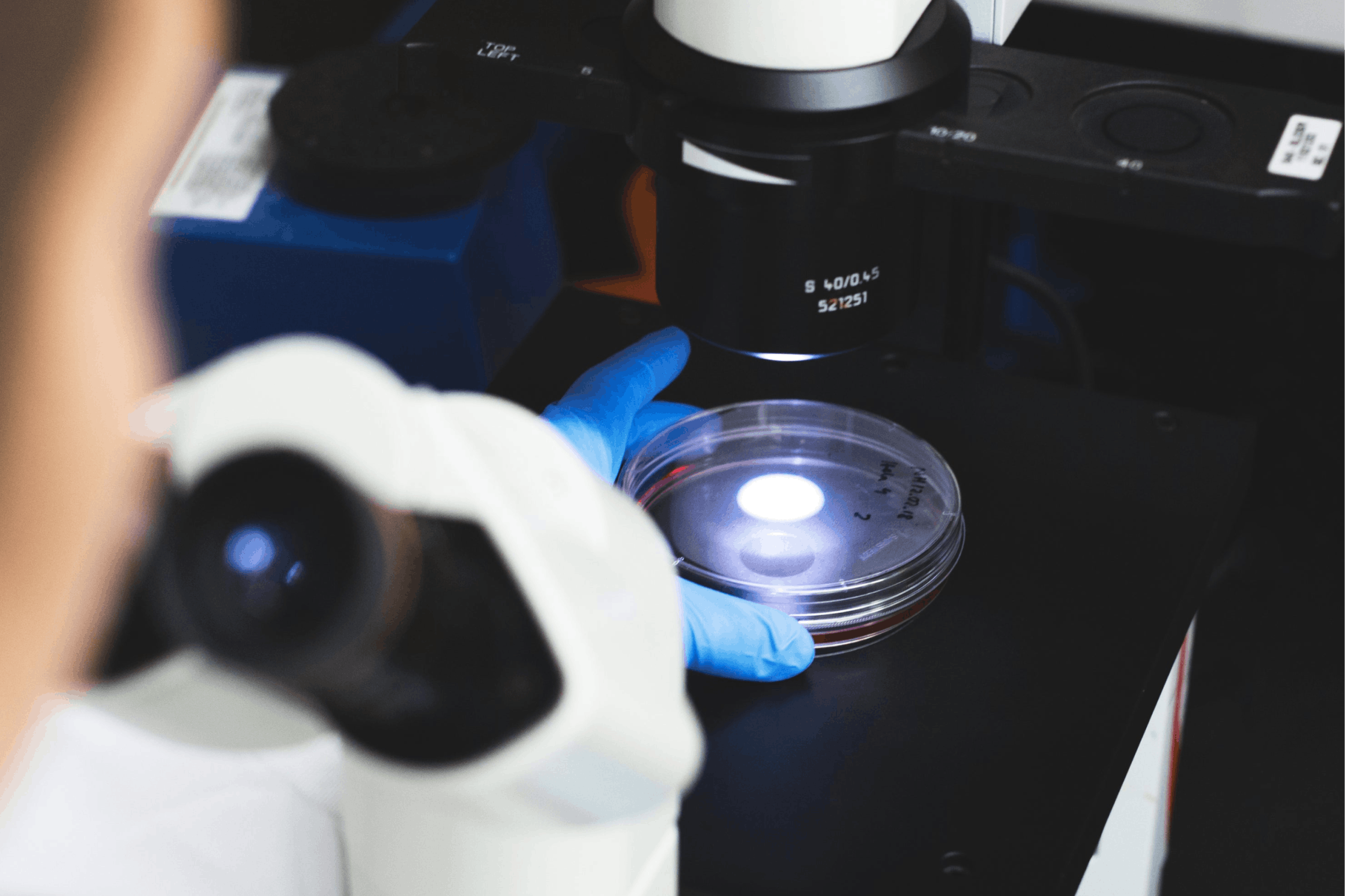
Decoding Breast Cancer: Unraveling the Genetic Puzzle

Breast cancer is a complex disease with various factors contributing to its development. Women are often asked about both family history and genetics when discussing breast cancer risk with providers. It is important to understand that there is a difference between the two. Family history can be understood as multiple family members on one side of the family being diagnosed with a certain type of cancer, but the cause is unknown. We think that both hereditary and lifestyle causes contribute to the increase in cancers seen in some families.
On the other hand, cancer can be attributed to genetics when a known genetic mutation is found within a family. While only about 5% - 10% of all breast cancer cases are thought to be related to a genetic mutation - we know how important it is for women to understand the role genetics play. The genes discussed below are normally found in all men and women. When they function correctly, they work to keep us healthy. When mutations are found within these genes, there is an increased risk of developing breast cancer. We'll explore the most commonly seen genes whose genetic mutations are associated with an elevated risk of breast cancer, and understand their implications.
How Genes Relate To Breast Cancer
Two classes of genes are related to cancer - oncogenes and tumor suppressor genes.
Oncogenes help to control how fast cells grow and divide to make new cells and also help stop the growth of abnormal cells. When a mutation is found in an oncogene it can cause the cell to grow and divide uncontrollably. Imagine stepping on the gas pedal of a car and not being able to stop. These mutations can lead to the development of cancer.
Examples of oncogenes:
- HER2
- RAS
- ALK
- BRAF
Tumor suppressor genes normally repair damaged DNA and prevent uncontrolled cell growth. Their job is to function as a braking system in the cell and to help regulate the speed. If a mutation occurs, it’s like a faulty braking system in a car. Cells can divide uncontrollably leading to the development of cancer.
Examples of tumor suppressor genes:
- BRCA1
- BRCA2
- TP53
- CHEK2
- PALB2
- ATM
- CDH1
- PTEN
- STK11
Types of Gene Mutations
Germline mutations are present in the DNA and can be passed down from parent to child. Cancer caused by a germline mutation is an inherited cancer and can affect multiple generations.
Acquired mutations happen during a person’s lifetime and are not inherited or passed down from parent to child. They are not found in the DNA and are thought to occur sporadically, typically starting in one cell in the body. This type of mutation is the most commonly seen cause of cancer and results from exposure to certain factors (chemicals, radiation, or the normal aging process).
When there is a history of certain types of cancer in a family, we consider the possibility of genetic mutations that may have been inherited. Genetic testing can help determine whether an individual has a specific mutation, usually within a tumor suppressor gene. Understanding the genetic factors contributing to breast cancer risk is crucial for early detection and prevention. If you have a family history of breast cancer, schedule an appointment with a Gabbi Breast Specialist to see if genetic testing is right for you. Early detection and proactive management can significantly impact outcomes, providing individuals with the knowledge and tools to navigate their breast health journey. Knowledge is power. Advances in genetic testing have allowed us to be better equipped than ever to unravel the mysteries of breast cancer and take proactive steps toward prevention.
References:
Lee EY, Muller WJ. Oncogenes and tumor suppressor genes. Cold Spring Harb Perspect Biol. 2010 Oct;2(10):a003236. doi: 10.1101/cshperspect.a003236. Epub 2010 Aug 18. PMID: 20719876; PMCID: PMC2944361.
Joyce C, Rayi A, Kasi A. Tumor-Suppressor Genes. [Updated 2023 Aug 28]. In: StatPearls [Internet]. Treasure Island (FL): StatPearls Publishing; 2023 Jan-. Available from: https://www.ncbi.nlm.nih.gov/books/NBK532243/
Łukasiewicz S, Czeczelewski M, Forma A, Baj J, Sitarz R, Stanisławek A. Breast Cancer-Epidemiology, Risk Factors, Classification, Prognostic Markers, and Current Treatment Strategies-An Updated Review. Cancers (Basel). 2021 Aug 25;13(17):4287. doi: 10.3390/cancers13174287. PMID: 34503097; PMCID: PMC8428369.
Take your breast health into your own hands.
Start with Gabbi's risk assessment.
Shelly Beckley is a dedicated healthcare professional with a strong background in oncology and over a decade of experience as a nurse practitioner. She holds a Master of Science in Nursing from MGH Institute of Health Professions in Boston, with direct experience in cancer care and patient advocacy. Her broad scope in breast health spans from counseling women who are at high-risk to the diagnosis, treatment, and survivorship in breast cancer. Shelly is passionate about improving healthcare outcomes and plays an active role in quality improvement initiatives for cancer care. She also leads the clinical team at Gabbi, a leading healthcare company working to make late-stage breast cancer obsolete.